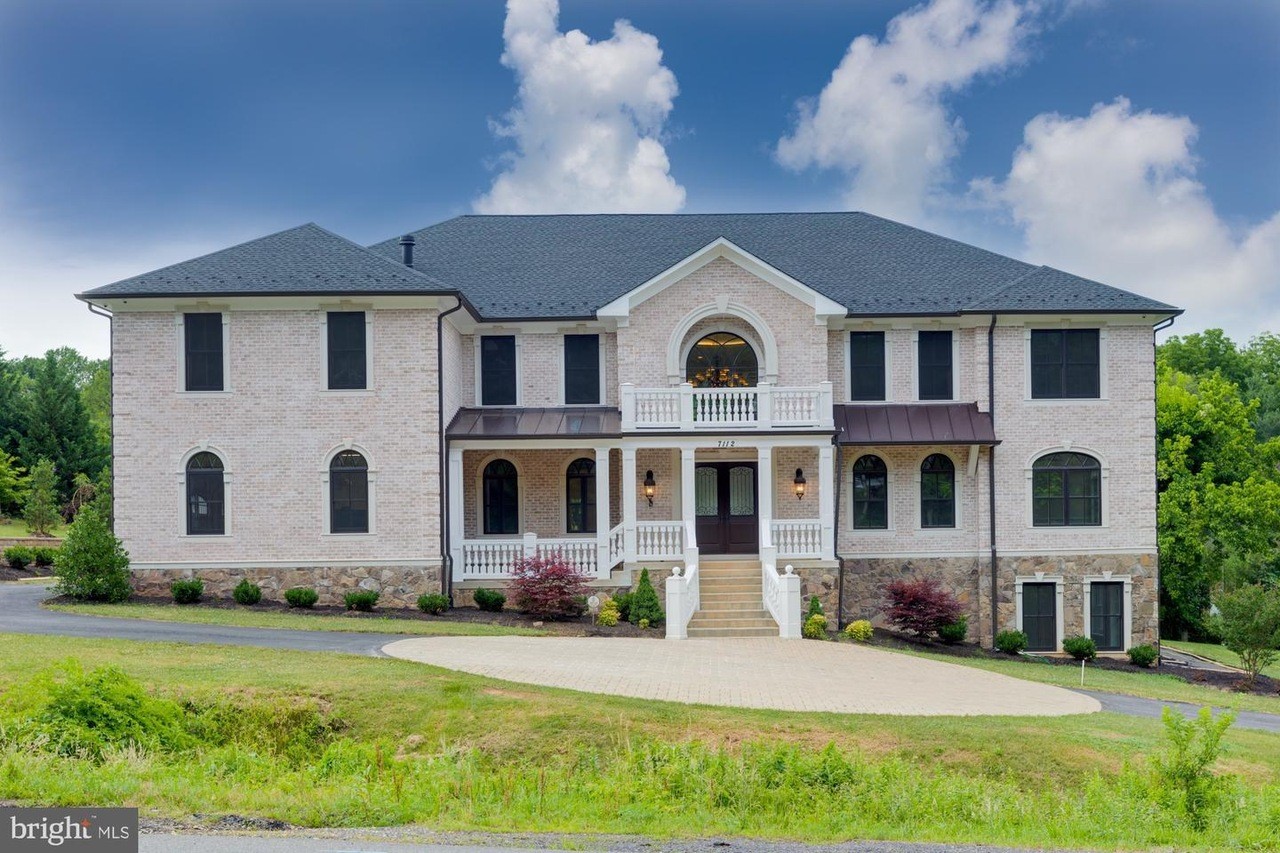Insurance Coverage for Your Home – Owning a home is often one of life’s most significant investments and achievements. It’s not just a place to live but also a sanctuary that holds cherished memories and valuables. However, as a homeowner, it’s crucial to recognize the potential risks that can threaten your property and financial stability. This is where home insurance steps in as a vital safeguard against unforeseen events. This article explores the importance of having insurance coverage for your home, detailing its benefits, types of coverage, and practical considerations.
Understanding Home Insurance
Home insurance, also known as homeowner’s insurance, is a financial product that provides protection against losses and damages to your home, its contents, and liability for accidents that occur on your property. Policies vary widely in coverage and cost, but they generally offer financial compensation in the event of incidents such as fire, theft, vandalism, natural disasters, and liability claims.
Benefits of Home Insurance
- Financial Protection: Perhaps the most compelling reason to have home insurance is financial security. It provides coverage for repairing or rebuilding your home if it’s damaged or destroyed by covered perils. This protection can prevent financial devastation and ensure that you have the resources needed to recover and rebuild.
- Coverage for Personal Belongings: Home insurance doesn’t just cover the physical structure of your home but also your personal belongings inside it. This includes furniture, appliances, electronics, clothing, and other valuables. If these items are damaged or stolen, your insurance policy can help reimburse you for their loss.
- Liability Coverage: Home insurance includes liability coverage, which protects you against lawsuits for bodily injury or property damage that you or your family members cause to others. For example, if someone slips and falls on your property and decides to sue, your insurance can cover legal fees, medical expenses, and damages awarded by the court.
- Additional Living Expenses: If your home becomes uninhabitable due to a covered event, such as a fire, home insurance typically covers additional living expenses. This includes the cost of temporary accommodation, meals, and other necessary expenses until your home is repaired or you find a new place to live.
Types of Home Insurance Coverage
Home insurance policies can vary in terms of coverage options and limits. Some common types of coverage include:
- Dwelling Coverage: Covers damage to the structure of your home and attached structures, such as a garage or deck.
- Personal Property Coverage: Reimburses you for the loss or damage of personal belongings, both inside and outside your home.
- Liability Coverage: Protects against lawsuits arising from bodily injury or property damage caused by you or your family members.
- Additional Living Expenses (ALE): Covers the cost of living elsewhere while your home is being repaired or rebuilt.
- Medical Payments Coverage: Pays for medical expenses if someone is injured on your property, regardless of fault.
Factors to Consider
When purchasing home insurance, it’s essential to consider several factors to ensure you have adequate coverage:
- Replacement Cost vs. Actual Cash Value: Replacement cost coverage pays to replace your home or belongings at current market prices, while actual cash value coverage takes depreciation into account.
- Coverage Limits: Understand the limits and exclusions of your policy to ensure you have sufficient coverage for your needs.
- Deductibles: The deductible is the amount you pay out of pocket before your insurance coverage kicks in. Higher deductibles typically result in lower premiums but require more upfront costs in the event of a claim.
- Specialized Coverage: Depending on your location and specific risks, you may need additional coverage for hazards like earthquakes, floods, or hurricanes, which may not be included in standard policies.
Conclusion
In conclusion, home insurance is not just a financial product; it’s a critical safeguard that protects your most valuable asset and provides peace of mind. By investing in home insurance, you’re taking proactive steps to protect yourself against unexpected events that could otherwise have devastating financial consequences. Whether it’s a natural disaster, burglary, or liability claim, having the right coverage ensures that you can recover and rebuild without undue financial strain. Therefore, every homeowner should carefully consider their insurance needs and choose a policy that offers comprehensive protection tailored to their circumstances. By doing so, you’re not only protecting your home but also safeguarding your financial future and ensuring stability for you and your loved ones.


